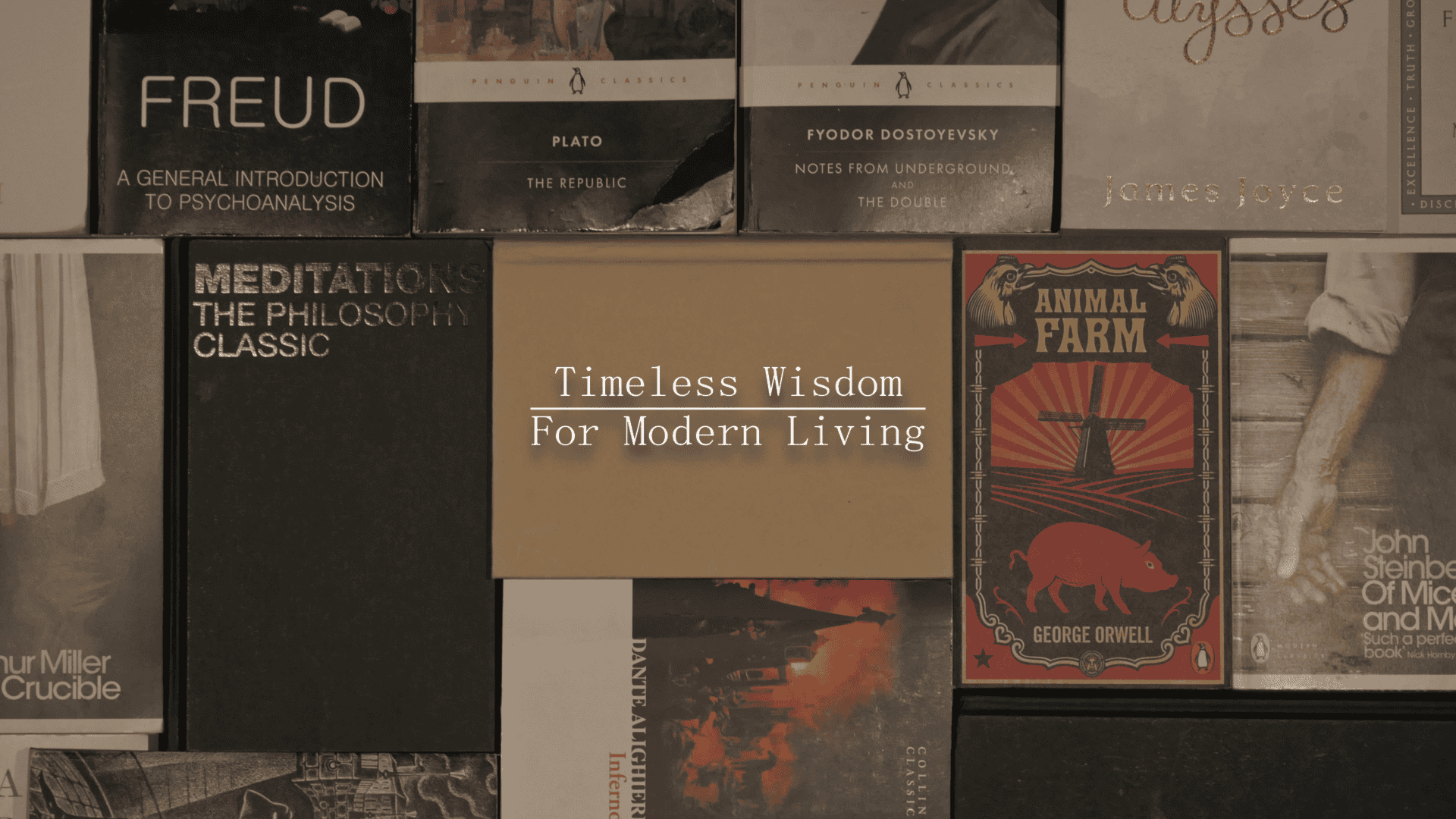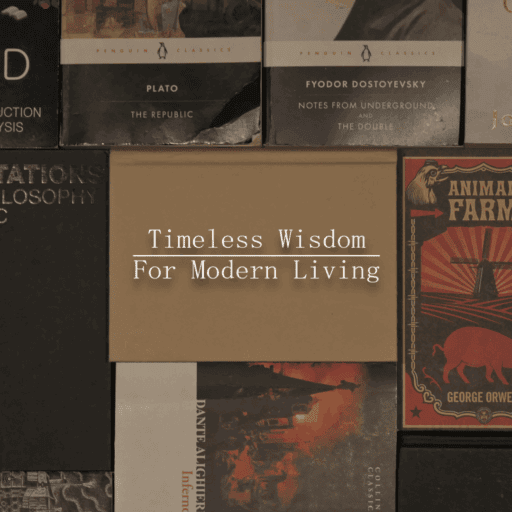
Old age, The Ring of Gyges and the Principle of Specialization. Three interesting ideas discussed in Plato’s The Republic. Let’s talk about them.
Is Old Age a Burden?
“For certainly old age has a great sense of calm and freedom; when the passions relax their hold…we are freed from the grasp not of one mad master only, but of many”. – Plato
In the first book of The Republic, Socrates and Cephalus ponder the notion of old age as being a burden. Socrates asks the elderly gentleman what he makes of old age, and whether life at his age is ridden with pain for any reason.
Cephalus responds saying that old people are miserable because they long for youth again, and that being old liberates the mind from overwhelming hormones, hedonic passions and foolish desires. Cephalus, at his age, is a man in repose; he can distribute his time and energy where he deems necessary. He is a slave to no internal tyrants. Cephalus’ compass is no longer dictated by “furious masters.” He is now in complete control.
Old age releases you from the shackles that chain you down, far away from logic and reason. You are free from the irrational, naive and ignorant grip that youth holds you with. Socrates believed that once a man turns 40 his “passions” loosen their grip. Cephalus has gained a newfound joy for conversation now that he has aged. Every age is a new experience that brings about change; we grow and adapt in relation to such change.
Old age alone does not make a man wise, but rather the calluses built up over a lifetime. Wisdom comes from experience.
All ages are a burden if you have no control over yourself. Old age is a natural part of life, which should be anticipated like any other new experience. You cannot repeat any chapters in your life, your story; all parts of life are experienced once and cannot be repeated because each is a fresh experience with its own joys and annoyances.
Why should old age be seen as undesirable when it is something new to experience and a natural part of life?
Plato valued education greatly. Here’s what he had to say on it: Plato Quotes on Education
Should Anyone Use the Ring of Gyges?
“The first and best victory is to conquer self.” – Plato
The hypothetical Ring of Gyges discussed in The Republic has the power to turn the user invisible. The story of the Ring is used to make us think about whether a rational person would still act justly if they could commit unjust acts and get away with it.
Why be good if it does nothing for your reputation?
Would any man remain virtuous in the face of the temptations that stem from impunity?
Socrates says that any man who has used the ring freely and abusively to satisfy his own desires has become a slave to himself. The man who does not use the ring is the happier man, because he is in control of himself.
You should use the Ring of Gyges if you want an unparalleled amount of immediate pleasure in the shortest amount of time possible.
But beware.
There is a price to pay once the first wave of pleasure passes. In the search to find the same peaks again and again, you will destroy yourself in the search for something that cannot be found.
What goes up, must come back down. This is how pleasure and pain works.
So, what are you looking for? Is it really pleasure that you want? Or are you trying to run away from discomfort?
The Ring of Gyges is not to be recommended to anyone, really. It ensures a miserable life full of despair.
Instead, look for meaning. Put your energy into something other than yourself. Don’t think about immediate happiness; think about doing what is necessary instead.
This will give you the happiness you truly desire.
If you want to learn about Plato’s Soul Theory from The Republic, click here: What Is Plato’s Soul Theory In The Republic?
Should the Principle of Specialization be Considered?
“Each man is capable of doing one thing well. If he attempts several, he will fail to achieve distinction in any.” – Plato
According to Plato in The Republic, a society originates for two reasons.
- Mutual need.
- Differences in people’s natural abilities to do something (aptitude).
People are naturally inclined towards many different things in life due to their temperaments, abilities and interests. Some interests, like reading, philosophy or jiu jitsu, just so happen to grip certain people. We usually don’t think about what it is that grips us because we are too busy enjoying it. We never consider why we lean towards the hobbies and things that we do.
In “The Republic”, Plato uses the principle of specialization to keep people within the confines of their activity. There must be no room for mixing the wrong metals; people are kept in line, stopping them from ever be able to think critically for themselves.
This means the Philosopher Rulers, or the ‘elite’, have more control over the people.
Specialization has two benefits:
- People become much more skilled at their specific role (compared to dabbling in many).
- Therefore, production excels.
But is it better to be in the top 1% at one skill, or be in the top 10% of many?
Having experience across multiple domains might create a more balanced life for the individual, but you will never be the very best at any one particular thing.
Which life would be more enjoyable? Either way you will have regrets.
Why didn’t I try become the very best at x?
Why didn’t I ever only focus on just one thing?
Why did I sacrifice every other aspect of myself and life in order to be the best I could at x?
Pick your poison. As long as you are getting a sense of meaning from what you are doing, and you are enjoying it most of the time, it beats the alternative. It is better to have climbed the wrong mountain, and then see which other mountain you should have actually climbed, than to never have climbed any of the mountains at all.
Doing something beats doing nothing.
The Four Cardinal Virtues are at the heart of Plato’s The Republic. Click here to learn how to adopt them in your daily life: The Four Cardinal Virtues – How To Become Good
What Do You Think?
Do you think old age will be a burden to you?
Would you use the Ring of Gyges?
Would you rather be world class at one particular thing, or a jack-of-all trades and master of none?
Check out more posts here: https://timelesswisdomformodernliving.com
Follow us on X for daily insights: https://x.com/twfml
